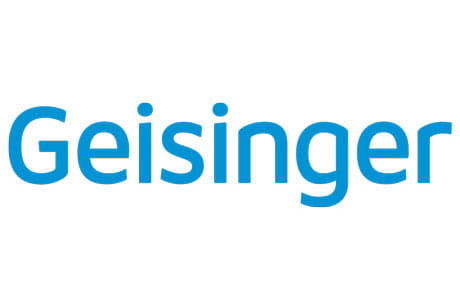Geisinger’s Ask-A-Doc Program improves physician communication to provide more effective, timely patient care
The study of 21,948 physician consultations — 2,190 AAD consults and 19,758 traditional face-to-face consults — showed AAD significantly decreased turnaround time between primary and specialty physicians to 6½ hours compared to traditional referrals, which could take weeks to months. There was an approximate 14 percent reduction in total cost of care in the first month of the program and a 20 percent cost reduction during the second month compared to a group that had not been exposed to the AAD program. The reductions in cost were driven largely by decreased emergency room visits and physician office visits, with a notable 74 percent drop in specialist visits.
“The old models of communication between primary and specialty physicians are unreliable and often ineffective, so new electronic methods need to be explored and implemented,” said Eric Newman, M.D., vice chair for clinical innovations, division of medicine. “The Ask-A-Doc program cuts down response wait times and improves reliability of communication, which allows physicians to better diagnose and treat patients. This ultimately leads to lower costs and better outcomes.”
The Ask-A-Doc program has been extremely successful, with 99.9 percent of questions answered and more than 84 percent of Geisinger primary care providers using the program on a regular basis. Since the initial results were published, the program has continued to grow to a point where today 35 specialties participate and over 17,000 AAD consults have been completed to date. Ask-a-Doc now accounts for 10 percent of all Geisinger referrals to participating specialties. Also, by providing an alternative method for obtaining specialty help, AAD opened up almost 4,000 additional face-to-face specialty slots in 2018. Its success rests on reliably getting an answer quickly with documentation in the electronic health record, which helps deliver the right care to the right patients at the right time.
About Geisinger
Geisinger is among the nation’s leading providers of value-based care, serving 1.2 million people in urban and rural communities across Pennsylvania. Founded in 1915 by philanthropist Abigail Geisinger, the non-profit system generates $10 billion in annual revenues across 134 care sites - including 10 hospital campuses, and Geisinger Health Plan, with 600,000 members in commercial and government plans. The Geisinger College of Health Sciences educates more than 5,000 medical professionals annually and conducts more than 1,400 clinical research studies. With 26,000 employees, including 1,600 employed physicians, Geisinger is among Pennsylvania’s largest employers with an estimated economic impact of $14 billion to the state’s economy. On March 31, 2024, Geisinger became the first member of Risant Health, a new nonprofit charitable organization created to expand and accelerate value-based care across the country. Learn more at geisinger.org or connect with us on Facebook, Instagram, LinkedIn and X.

